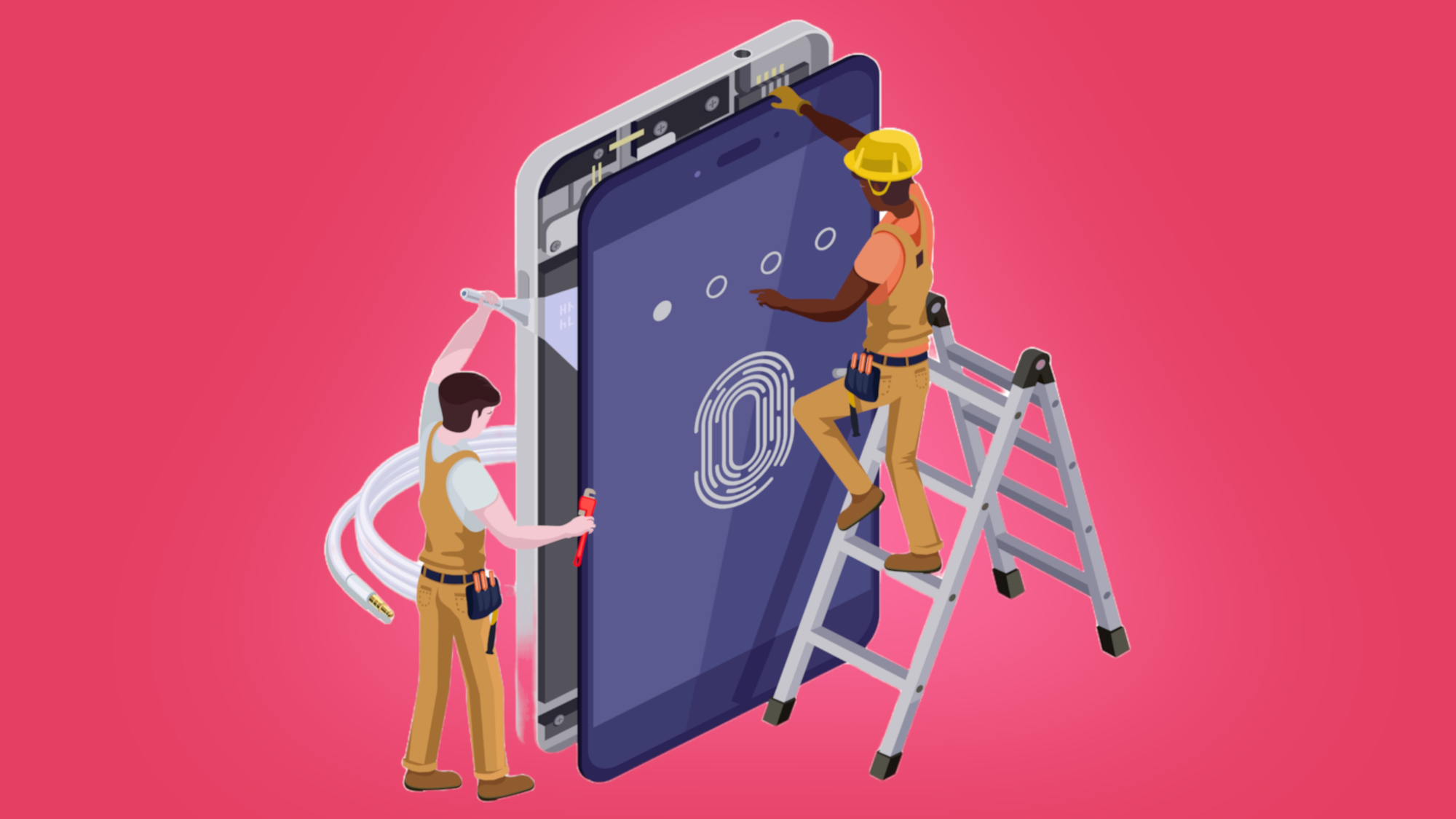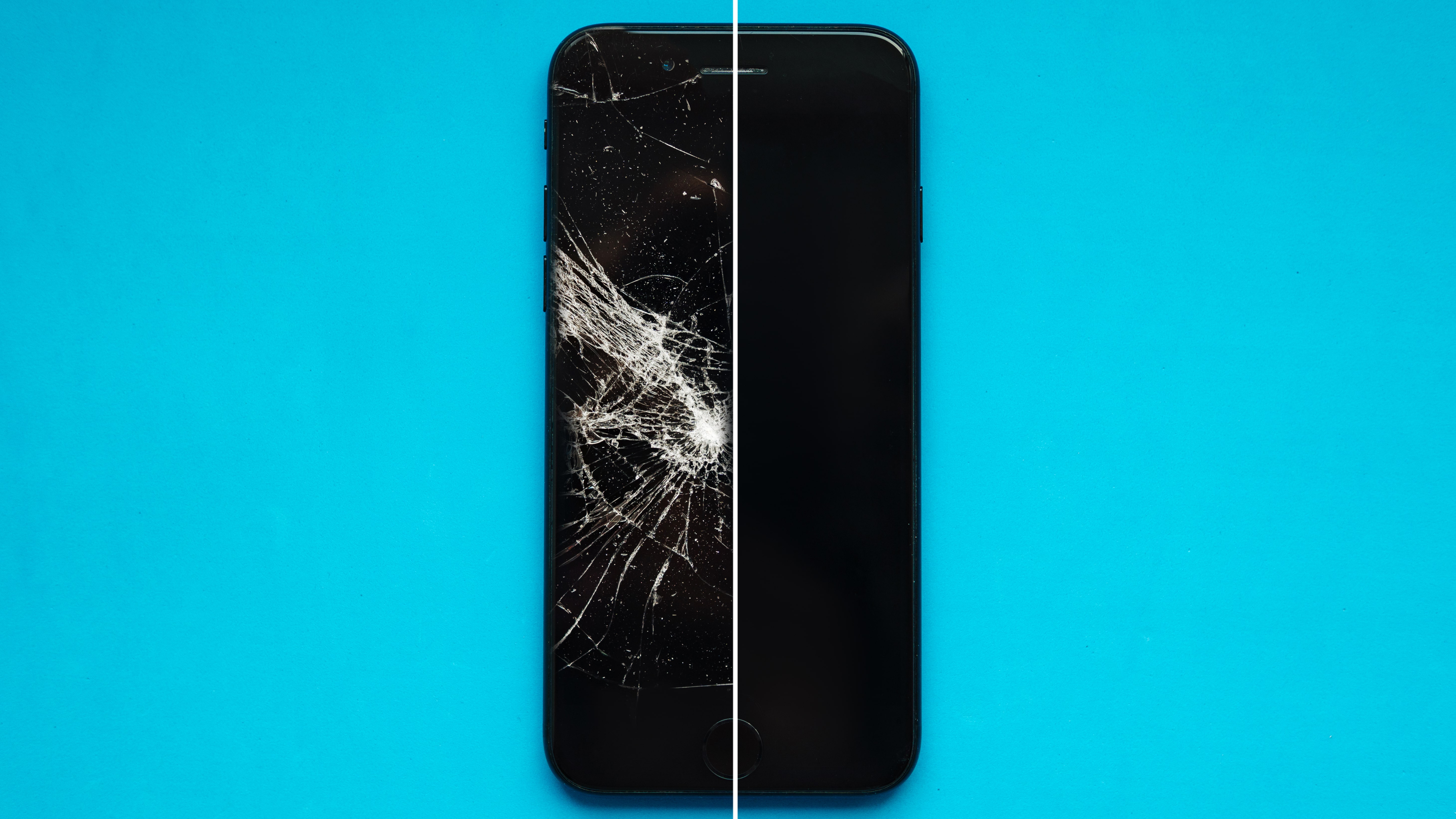
Apple has long been criticized for its closed-loop approach to product repairs, but the company’s latest political move could soon make it much easier (and cheaper) to fix broken iPhones or MacBooks away from official Apple stores.
In the US, the Right to Repair bill was created with the intention of forcing tech companies to provide consumers with the tools necessary to repair expensive tech products with ease. The state of California – where Apple is based – endorsed this bill back in 2018, but Apple and other manufacturers have, for years, resisted its progress.
Now, though – in a surprising U-turn – Apple has decided to express its support for the Right to Repair bill in California, which could soon open up a much more competitive Apple repair market and, ultimately, make iPhone and MacBook repairs cheaper for consumers.
According to iFixit CEO Kyle Wiens, Apple’s change of heart represents “a watershed moment for consumer rights,” with other tech companies expected to follow the iPhone-maker’s example in due course.
“It feels like the Berlin Wall of tech repair monopolies is starting to crumble, brick by brick,” Wiens said in a statement.
Once the bill is enacted – in California, at least – the Right to Repair act will require manufacturers of products that cost over $99.99 to make parts, tools and repair diagnostics readily available for seven years after the point of production.
In other words, the bill will ensure that consumers aren’t left high and dry once an expensive tech product reaches the end of its warranty period.
Get daily insight, inspiration and deals in your inbox
Sign up for breaking news, reviews, opinion, top tech deals, and more.

In fairness to Apple, the company already provides much better long-term support for its products than many other tech companies out there. iPhones, for instance, are typically supported by Apple for up to five years after they’re officially discontinued, and the company launched its own Self Service Repair program back in 2021.
However, the Right to Repair bill aims to give consumers even more freedom to carry out potentially expensive tech repairs themselves, or take their broken products to third-party repair providers like iFixit. The logic is simple: if Apple parts become more readily available from stores other than Apple’s own, the price of these parts will decrease.
We’re not yet certain how Apple’s latest political U-turn could affect customers in regions like the UK or Australia, but with the EU making similar moves in Europe, it’s only a matter of time before iPhone repairs become cheaper all over the world.
More iPhone stories
- iPhone 15: everything we know so far
- iPhone 15 Plus: everything we know so far
- iPhone 15 Pro: everything we know so far
- iPhone 15 Pro Max: everything we know so far
- iPhone 15 pre-orders: here's what to expect
- iPhone 15 deals: here's what to expect

Axel is TechRadar's UK-based Phones Editor, reporting on everything from the latest Apple developments to newest AI breakthroughs as part of the site's Mobile Computing vertical. Having previously written for publications including Esquire and FourFourTwo, Axel is well-versed in the applications of technology beyond the desktop, and his coverage extends from general reporting and analysis to in-depth interviews and opinion. Axel studied for a degree in English Literature at the University of Warwick before joining TechRadar in 2020, where he then earned an NCTJ qualification as part of the company’s inaugural digital training scheme.